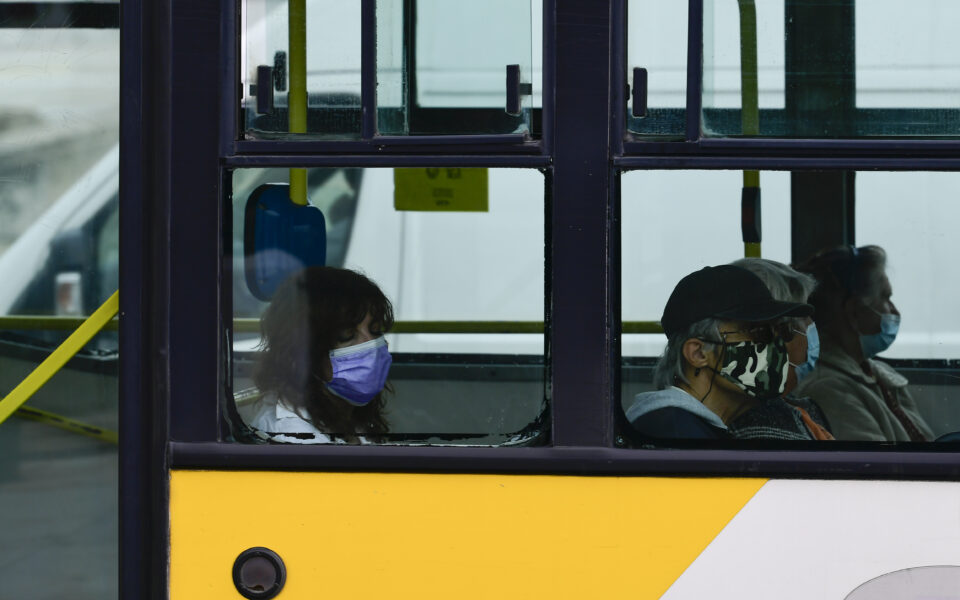Preventable infections a growing threat
Fatalities and hospitalizations due to antibiotic-resistant microbes could be avoided

More than 3,600 deaths due to infections caused by antibiotic-resistant microbes and 166,000 days of hospitalization per year could be prevented in Greece, according to the Organization for Economic Cooperation and Development (OECD).
Experts believe this could be achieved with the implementation of a package of measures ranging from improved hand hygiene, rational antibiotic administration, infection control programs within hospitals, to information and awareness campaigns on antibiotics consumption.
If nothing is done, and public health policies to tackle antimicrobial resistance are not implemented immediately, estimates suggest that by 2030, 43% of hospital-acquired infections will be antibiotic-resistant and therefore much more difficult to treat.
The alarming figures are double the average forecast in the EU, where curbing antimicrobial resistance is estimated to reduce national health systems’ expenditure by €1.4 billion.
These OECD projections were presented at a special event organized on Monday by the Organization for Quality Assurance in Healthcare (ODIPY) on behalf of the Health Ministry and the World Health Organization (WHO) office in Greece, on the occasion of the Antimicrobial Awareness Week on November 18-24.
The event began with the personal experience of Health Minister Thanos Plevris, who in November 2016 was intubated after having come close to death due to an in-hospital infection. After this experience, he said he made a vow to reduce the country’s rates of hospital-acquired infections.
Plevris described hospital-acquired infections as a problem that is “hidden under the carpet.” “Whether a person has a stroke cannot be the responsibility of the hospital or the health system, but if that person is in a unit and there they catch a germ and develop an infection, there is some responsibility there. We will never be able to have places where there are no germs, but we can put rules in place to reduce the chances of infection from them,” he stressed.
In this regard, he referred to the actions now being taken and expected to be taken toward addressing the problem by organizations such as ODIPY, the National Organization for Public Health (EODY) and Greece’s main public healthcare provider, EOPYY, and with the cooperation of the WHO.





